A concern many career break-dreamers face is that they can’t afford to do it. But if you believe enough in your dream, you will find ways to make it happen.
It’s all about prioritizing and budgeting: even on a non-profit salary, you can make it happen.
See what some of our career break experts have to say about budgeting for long-term travel:
Brook Silva-Braga (A Map for Saturday)
Travel requires savings but not much; you can travel for less than you pay on New York rent, and you can always save more by indulging less at home. Money and time are commodities with an inverse relationship, you can only acquire one by spending the other and travel taught me free time is more valuable than additional money.
Jennifer Baggett (The Lost Girls)
Since I made the decision to travel about a year and a half prior to departure, I was able to properly budget and save for the money I’d need in order to spend a year on the road. And I was definitely not making that much money considering I was paying Manhattan rent and living expense (about $65K – I’m happy to be completely transparent) nor did I have financial help from anyone else.The biggest money saver, honestly, was that I literally stopped purchasing anything frivolous (clothes, shoes, electronics, expensive dinners, etc.) and socked away a percentage of every pay check (including 100% of my annual bonus), cashed savings bonds from childhood, even sold books/CDs on Amazon and most of my furniture on Craig’s List. Amanda, Holly and I also chose to visit predominately third world and developing nations where you can easily live off of $20-$30 per day. Of course traveling as a group definitely helped as everything from lodging, taxis, food and other items (travel guides/books, some toiletries, etc.) could be split up and shared. Other big ways we saved: Round-the-world plane tickets (ours took us from Kenya to Australia – with multiple countries in between for only $2200), eliminating almost all bills/expenses back home (rent, cell phone, electric bills, cable, etc.) penning the occasional travel article while on the road, crashing at friend’s (or friends of friends) places overseas and keeping costs fixed by doing a structured volunteer program/staying in one location for multiple weeks.



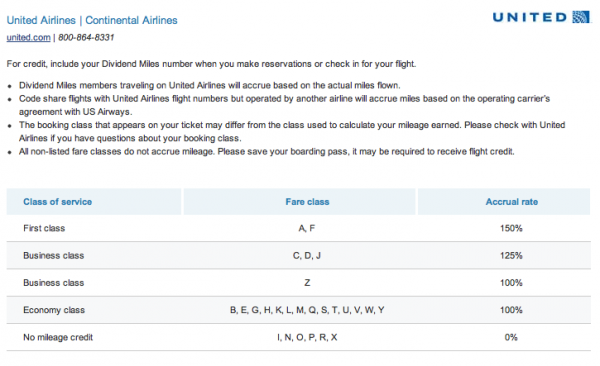
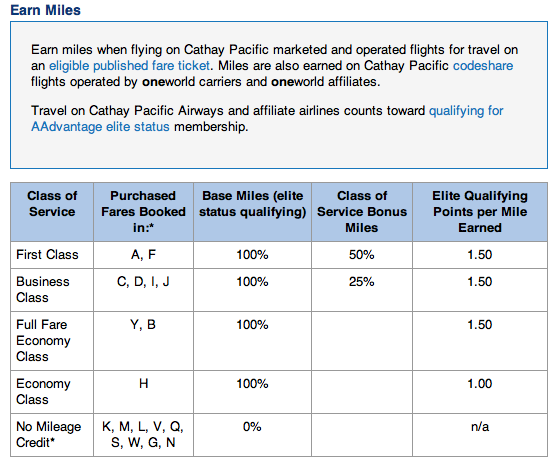
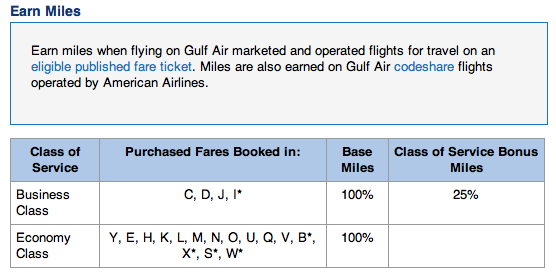
 Mike Choi is known as the resident world traveler in his office and blogs about his travels at
Mike Choi is known as the resident world traveler in his office and blogs about his travels at 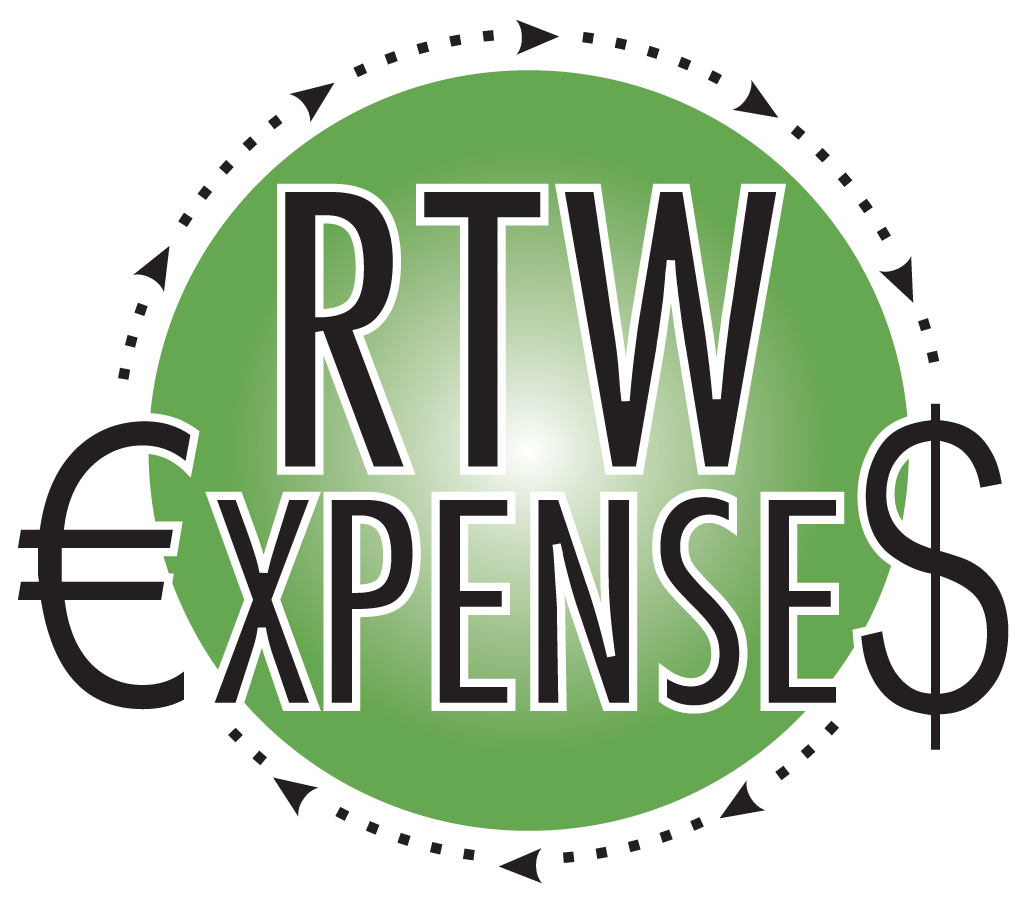

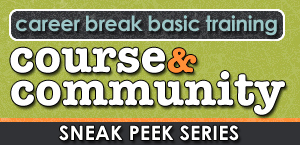
 Your biggest single expense is going to be your airfare. Buying a
Your biggest single expense is going to be your airfare. Buying a  Trying to figure out a budget for food can be a bit difficult. Many websites and guidebooks out there give you a pretty decent breakdown for food costs in the regions you plan on traveling in, but many are a year or more out of date, so always be sure to aim high. Food costs can vary wildly depending on many factors, and while some travelers can easily get buy on less than $5/day for food in many parts of the world, it takes some determination and creativity.
Trying to figure out a budget for food can be a bit difficult. Many websites and guidebooks out there give you a pretty decent breakdown for food costs in the regions you plan on traveling in, but many are a year or more out of date, so always be sure to aim high. Food costs can vary wildly depending on many factors, and while some travelers can easily get buy on less than $5/day for food in many parts of the world, it takes some determination and creativity. Sometimes the most overwhelming part of the budget is figuring out where to begin. If you don’t already track your spending, then start now!
Sometimes the most overwhelming part of the budget is figuring out where to begin. If you don’t already track your spending, then start now! Once you get to the point where you are bringing in more than you are spending, then it’s time to go into saving mode. Open up a savings account somewhere. Research banks that offer high starting interest rates or specials for the first year. Any extra little bit helps. Then start paying that savings account, otherwise known as your career break travel fund, as you would your normal bills. Figure out how much you can start putting away each month, and pay it as soon you receive a paycheck.
Once you get to the point where you are bringing in more than you are spending, then it’s time to go into saving mode. Open up a savings account somewhere. Research banks that offer high starting interest rates or specials for the first year. Any extra little bit helps. Then start paying that savings account, otherwise known as your career break travel fund, as you would your normal bills. Figure out how much you can start putting away each month, and pay it as soon you receive a paycheck. But change has to happen if you want to save money to accomplish your career break travel dreams, or any dream for that matter.
But change has to happen if you want to save money to accomplish your career break travel dreams, or any dream for that matter. 







